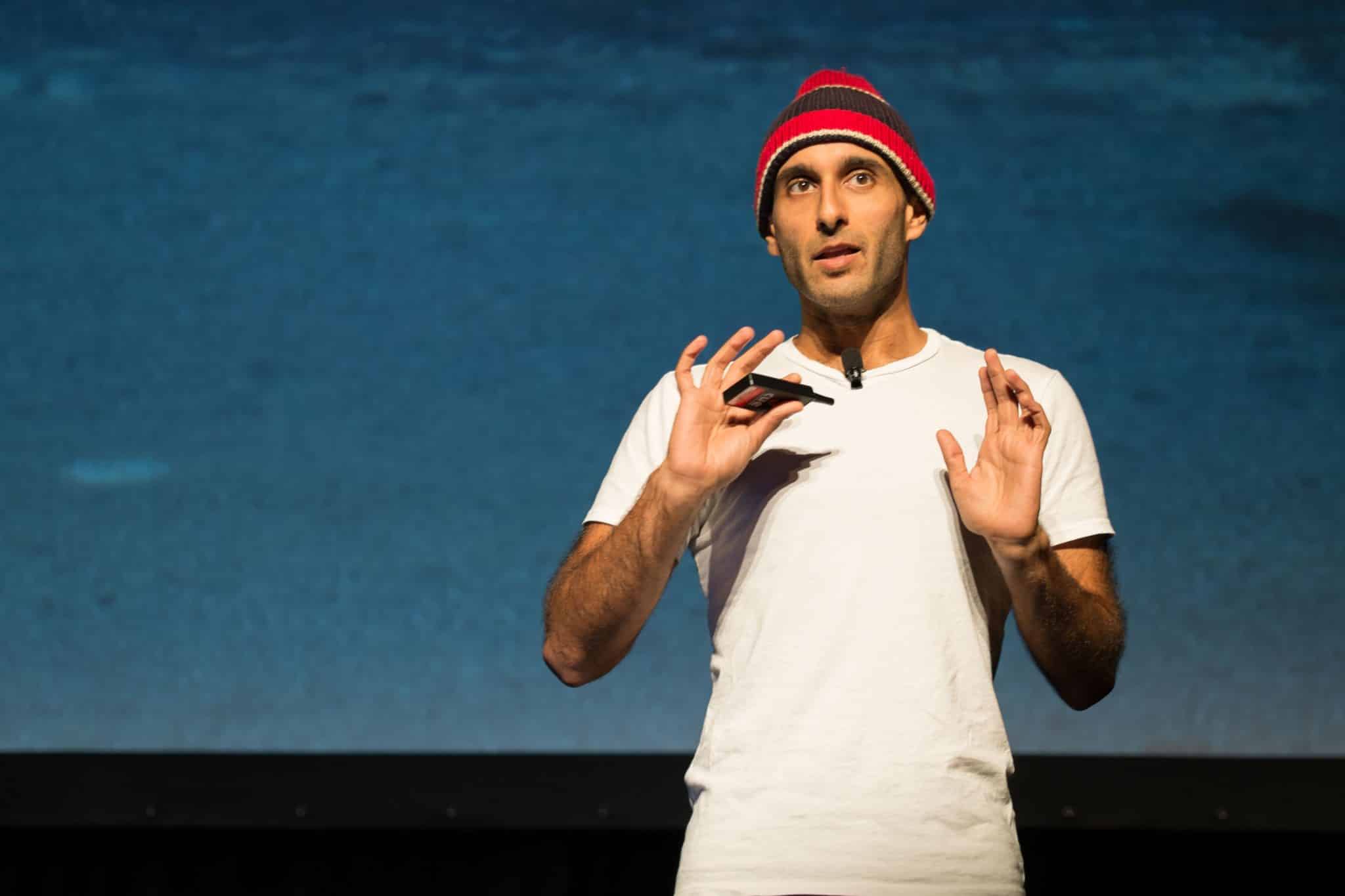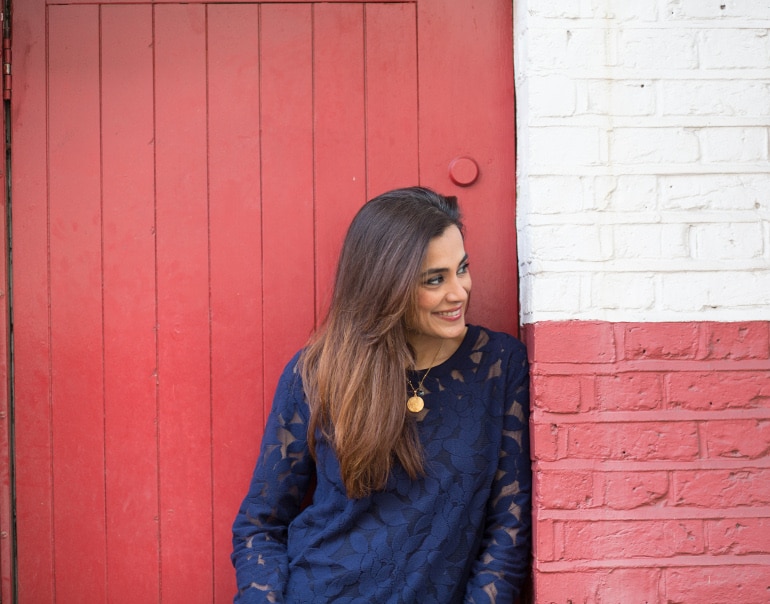NY Times Best-selling Author Maile Meloy on Becoming A Writer, Her Productivity Process, and 2016

NY Times Best-selling Author Maile Meloy on Becoming A Writer, Her Productivity Process, and 2016
Meet Maile Meloy – (pronounced MY-lee). She is a NY Times best-selling author of adult and children’s fiction and another brilliantly talented member of the Freedom community. Her written works include The Apothecary trilogy for children, Liars and Saints and A Family Daughter, as well as story collections such as Both Ways Is the Only Way I Want It, Her writing has earned her a multitude of awards and rave reviews such as Best Young American Novelist by Granta, The Paris Review’s Aga Khan Prize for Fiction, and the PEN/Malamud Award for Excellence in Short Story – just to name a few.
With all of that under her belt, we figured we would just step aside and let her give the advice on how to be most productive.
How did you know that you wanted to be a writer and what were your first steps in making this your career?
Writing was the thing I liked most and the thing I was best at. I read all the time growing up, and I was an English major in college, and then I had a lot of strange, short-lived jobs and wrote stories in every free minute. I threw most of the stories away. I went to graduate school and got an MFA, and when I finished I finally started sending things to magazines, in terror, mostly to prove to myself that I was serious about it.
What advice would you offer less experienced writers – especially in regard to staying productive, motivated, and focused?
Set aside a dedicated time to write every day, even if it’s a short period of time, and make the time be the requirement rather than the word count. Sometimes things will go slowly, sometimes you need to sit and think, sometimes you write stuff you have to throw away, but that’s all part of the process. The important thing is showing up.
But one thing I’ve learned about advice is that it’s so particular: it’s what works, or has worked in the past, for the writer giving it. That’s it. Sometimes I listen to someone talk about their process and I know it would never work for me, and I’m glad I didn’t scribble down “Must do this” at a vulnerable moment.
What is the biggest mistake you have learned from as a writer?
With every book there’s a moment when it seems impossible and doomed and I can’t see my way out of it. Every time, I forget that it’s possible to work my way out of that moment. Every time I have to re-learn it.
“With every book there’s a moment when it seems impossible and doomed and I can’t see my way out of it. Every time, I forget that it’s possible to work my way out of that moment. Every time I have to re-learn it.”
When/where are you most productive, and how does this shape your daily working routine?
I work first thing in the morning, when my mind is fresher and less distracted and making more interesting connections; it’s not cluttered by the business of the day. I have a chair that tilts back and takes the strain off your shoulders, and I keep the laptop in my lap. I’ve gotten to the point where I can barely write anything sitting up straight. No music, no internet. I wish I didn’t have any requirements, but it turns out I do.
What resources or tools do you use daily and have found most beneficial to your writing process?
Freedom! And a cup of tea, and the tilted-back chair. And the word processing program Scrivener, which I love. The last book I wrote (The After-Room) was so complicated to finish—I had so many balls in the air that I needed to juggle and catch—that I don’t know how I could have done it without the ability to see the chapters laid out on Scrivener’s virtual note cards and then to toggle back and forth between the cards and the manuscript: macro and micro.
But The After-Room was the first novel I wrote using Scrivener, so I sometimes wonder if the book got so complicated because I had such a fluid and useful program. I’m not sure which came first.
What project are you currently most excited about?
I just finished a trilogy of novels for kids (The Apothecary), and I’m happy about that and proud of it. But I’m always most excited about the next project, which still has the shimmer of possibility and newness about it. I haven’t written a novel for adults in a long time, because I wrote a short story collection before the three novels for kids. So now I’m writing a grown-up novel, and finding that it’s a long unused muscle. It’s a novel for adults about kids, which makes the transition especially complicated and challenging.
What excites you most about your industry?
I love being in the bookstores that have survived the upheaval of the business, and talking to the inspiring and formidable booksellers who work in them. And I love the passionate, immersive way middle schoolers read, the way they completely live in a book. It gives me real hope. So do the school librarians who can change a kid’s life.
And I think the We Need Diverse Books campaign is inspiring and crucial, so all kids can see themselves in books.
What are your biggest distractors?
Lists of interesting questions from people or productivity apps to whom I feel affection or obligation.
What are you hoping to accomplish in 2016?
I’d like to finish this novel. After that, I don’t know. But I’m trying to be okay with that. The most interesting things in my books and my life have always come along when I have no idea what’s next.
If you want to learn more about Maile or find out where to buy her books, check out her website, click here.


